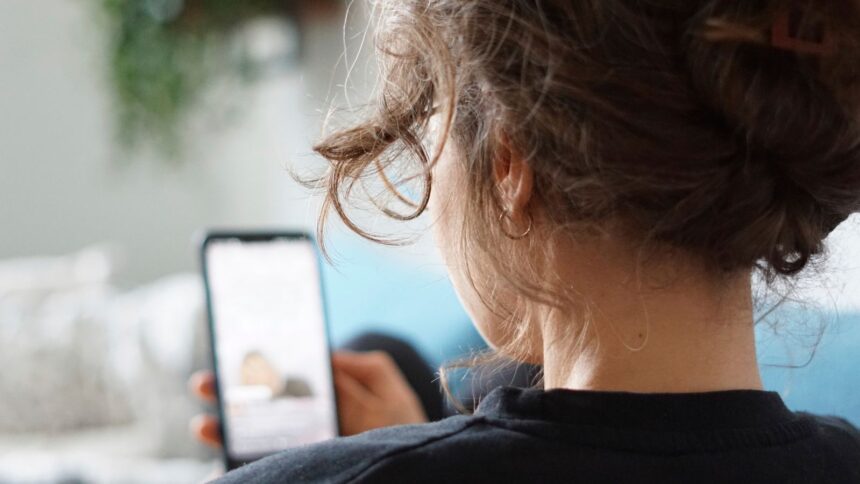Researchers at King’s College London found that young people who reported having problematic smartphone use—a pattern of behaviors akin to addiction—were twice as likely to express symptoms of anxiety as those who did not.
Problematic smartphone use includes behaviors like obsessing over a phone when it’s not available, finding it hard to limit how much time you spend on it, and utilizing it at the expense of other important tasks.
The study discovered that while it is less severe than an addiction, it still affects a small percentage of youngsters, and researchers think there may soon be enough.
About 44% of 13 to 16-year-olds who used their device problematically reported having anxiety symptoms, compared to 26.4% who did not, and almost 56% of 13 to 16-year-olds who used it problematically reported having depressive symptoms, compared to 35.8% who did not.
Problematic smartphone use is distinct from screen time, which is the amount of minutes spent on a phone.
Researchers discovered that while 16 to 18-year-olds with problematic smartphone use used TikTok and Instagram more frequently, both groups’ usage of WhatsApp, gaming, and the internet in general was similar.







